Sabalanka's agent criticized the unfair denationalization in tennis, stating that linking Sabalanka to politics is absurd.
With no national flag beside her name and no national anthem played during award ceremonies, three-time Grand Slam champion Sabalanka faces discrimination regarding her identity with every victory in the tennis world. Recently, Sabalanka's agent expressed strong anger and dissatisfaction about this!
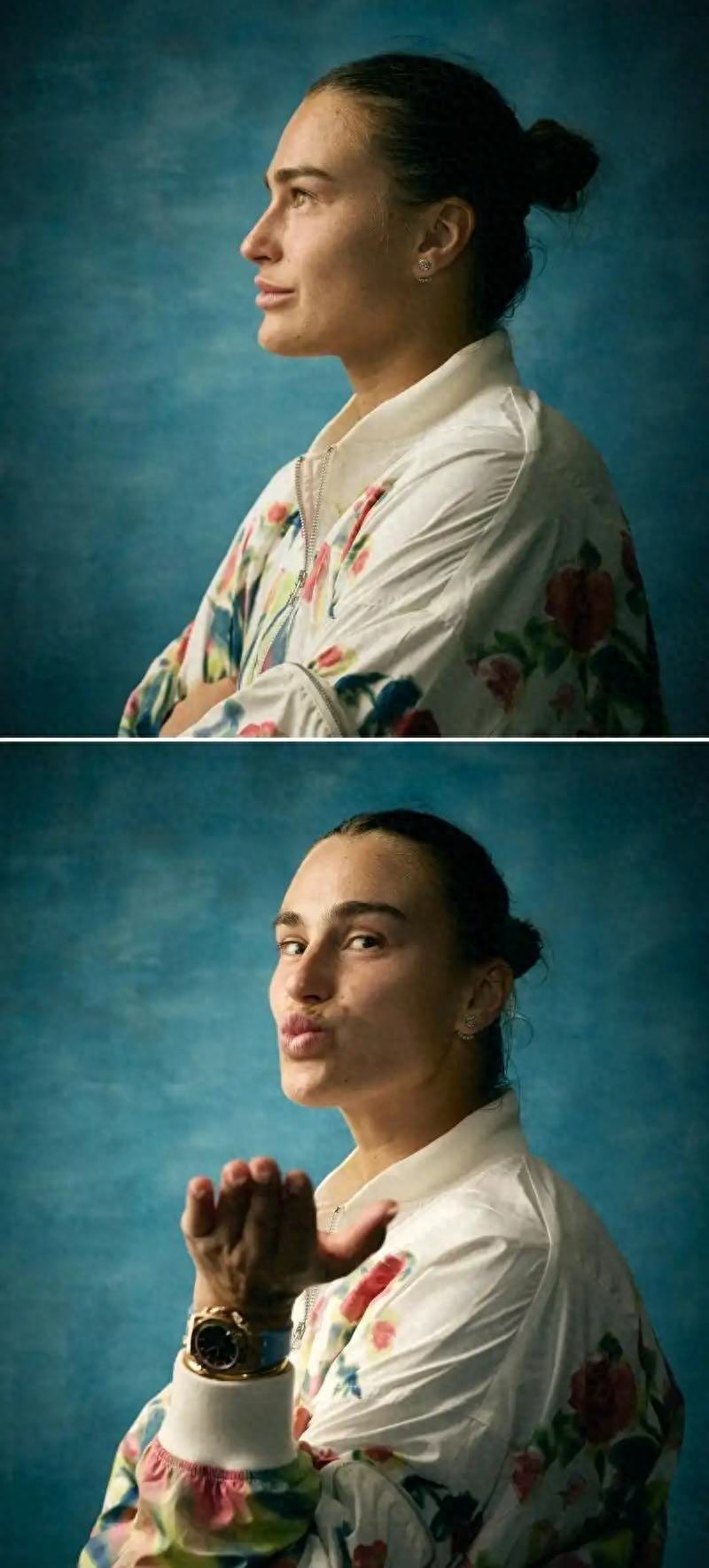
“The idea of linking her to political events is utterly ridiculous; she is simply a tennis player.” Facing the cameras, world number one Sabalanka's agent, Stuart Duguid, could not hide his inner anger, “It is extremely absurd that there is no national flag displayed next to her name; all Russian players are treated this way, and it's just ridiculous.”
This typically low-profile agent rarely speaks out, directly targeting the ongoing “denationalization” policy against Belarusian and Russian athletes in professional tennis for over three years.
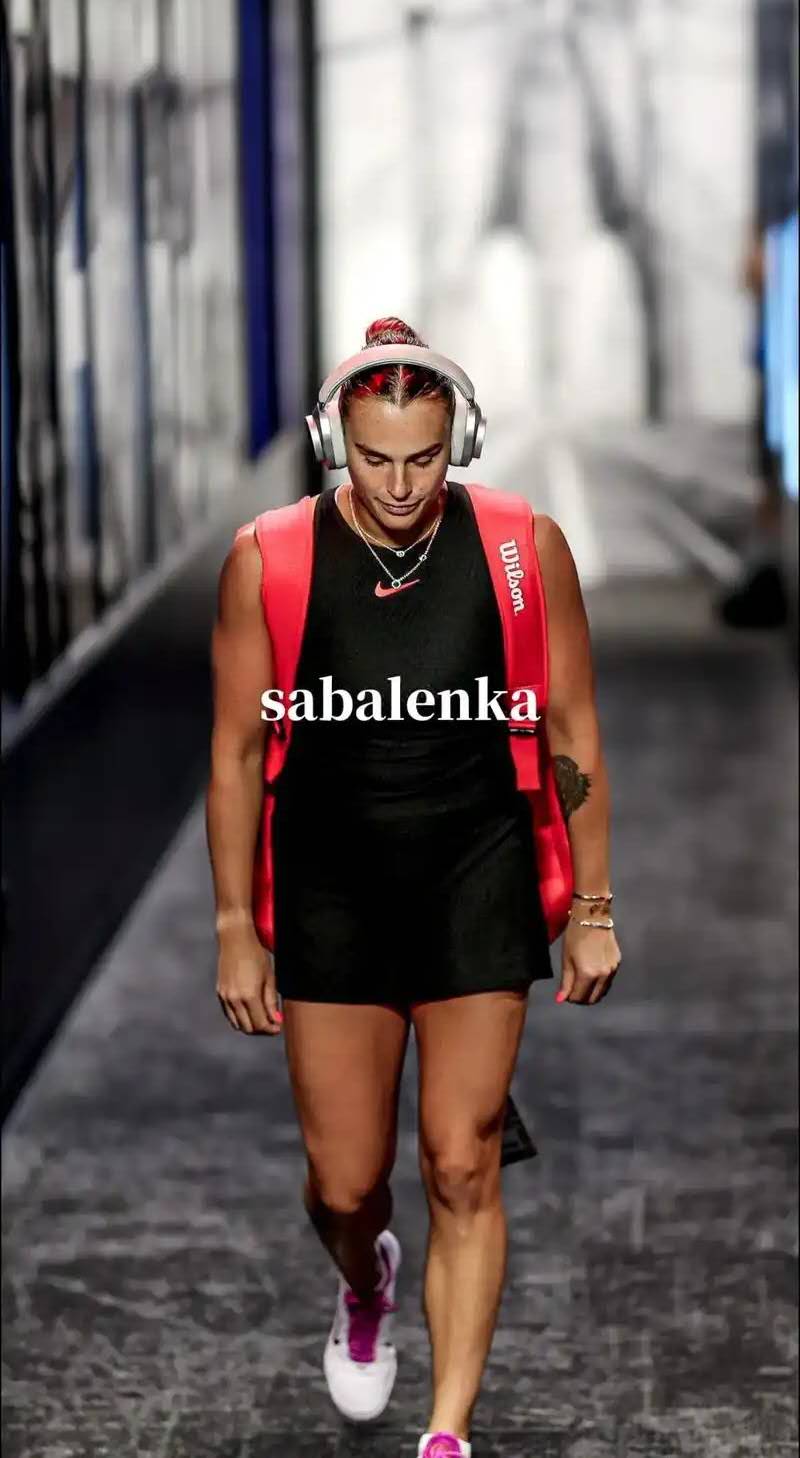
Since the outbreak of the Russia-Ukraine conflict in 2022, international tennis organizations (ITF, ATP, WTA) have implemented a series of restrictions on Russian and Belarusian players. The core requirement is simple yet harsh: the display of the Russian flag by players is prohibited.
In all aspects of the event, including official logos, broadcast images, and award ceremonies, the identities of Belarusian and Russian players have been erased, replaced with the cold label of “neutral athlete.”
In the Australian Open final early last year, Sabalanka defeated Chinese player Zheng Qinwen to successfully defend her title. However, during the post-match award ceremony, there were no flags flying in the stadium, and no national anthem was played. This Belarusian girl made history but could not accept this honor representing her country.
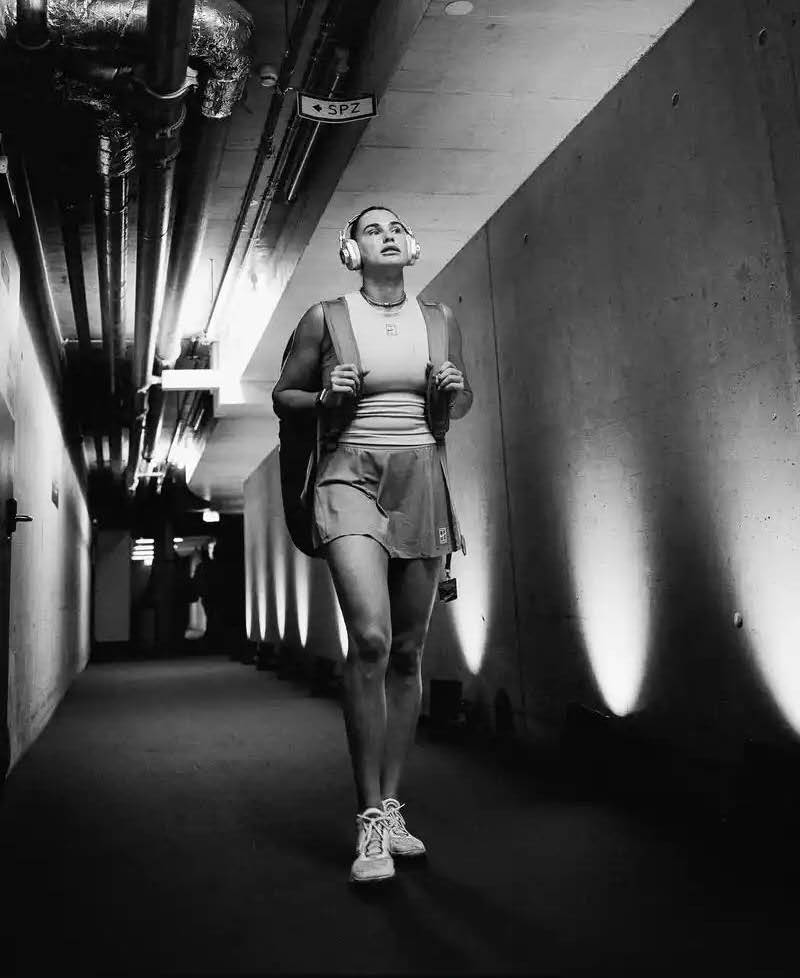
“If everyone thinks this is better, then I have no objections. There’s nothing I can do about it.” Sabalanka's statement after winning the 2023 Australian Open was filled with helpless compromise.
Duguid admitted in an interview that while Sabalanka's situation has improved compared to two or three years ago, the current state is indeed not ideal. During the 2023 French Open, the political pressure from her identity peaked. Sabalanka missed two press conferences for mental health reasons, triggered by a reporter questioning her support for Belarusian President Lukashenko.
Sabalanka expressed her feelings in the Netflix documentary “Break Point,” saying, “I come from Belarus, so it feels terrible, it’s so hard. If I could control it, I would certainly do everything I could to stop it. Everyone starts talking about, ‘You must ban all players from Russia and Belarus from competing.’”
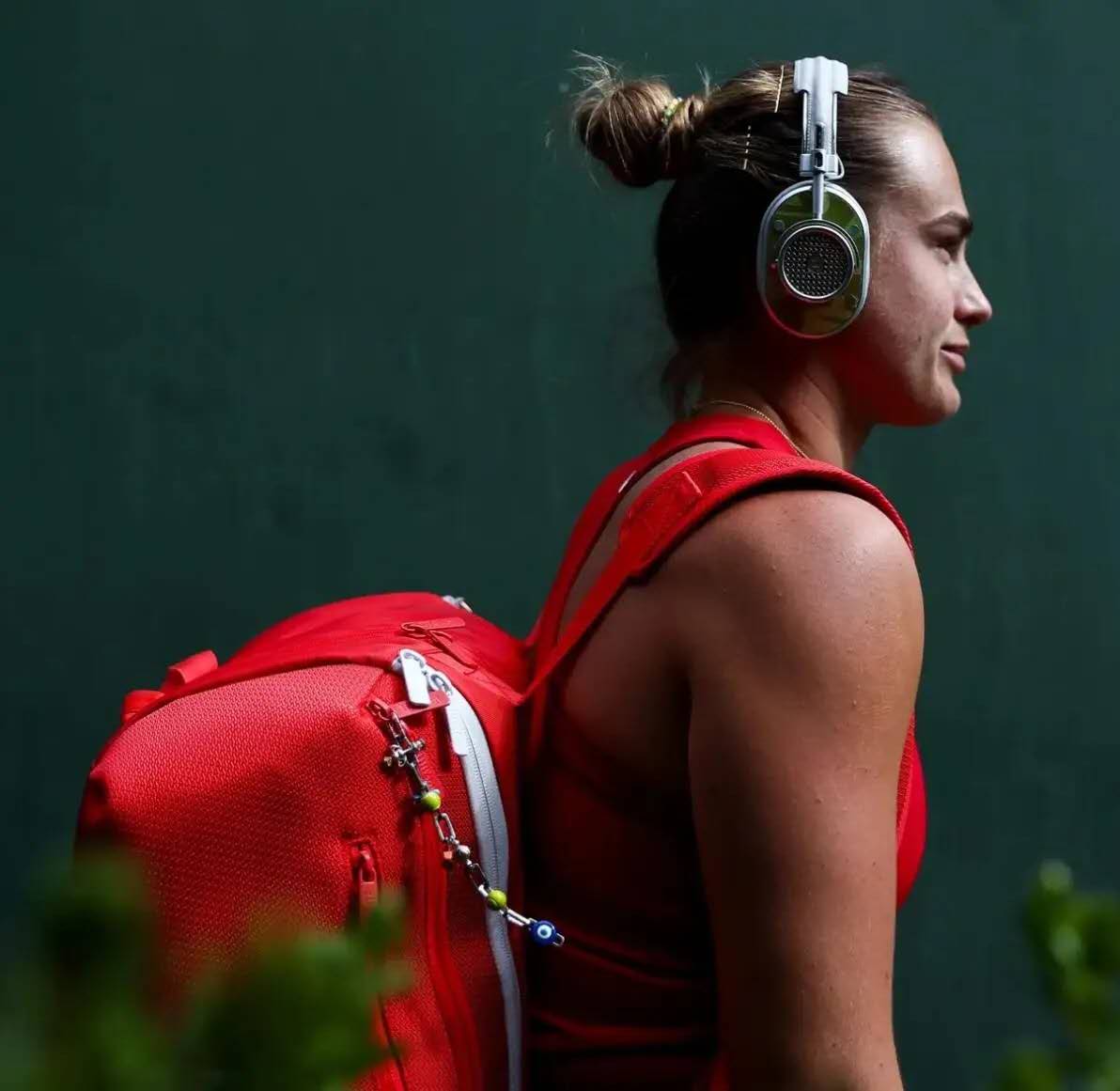
In the locker room, the atmosphere between Sabalanka and other players has also become unusually tense. This world number one even considered retirement: “Now everyone is watching me as I am about to lose tennis. I just don’t want to play tennis anymore; I want to end everything!”
Earlier this year, retired German star Petkovic revealed a shocking insider story: Sabalanka is less well-known in the U.S. than Raducanu, and her combined sponsorship income with Rybakina is even less than that of this British star.
Data supports this claim. The global income ranking of female athletes shows that Sabalanka's sponsorship income is $8 million, while Raducanu's endorsement fee reaches $14 million—despite the former's Grand Slam achievements far exceeding the latter's.
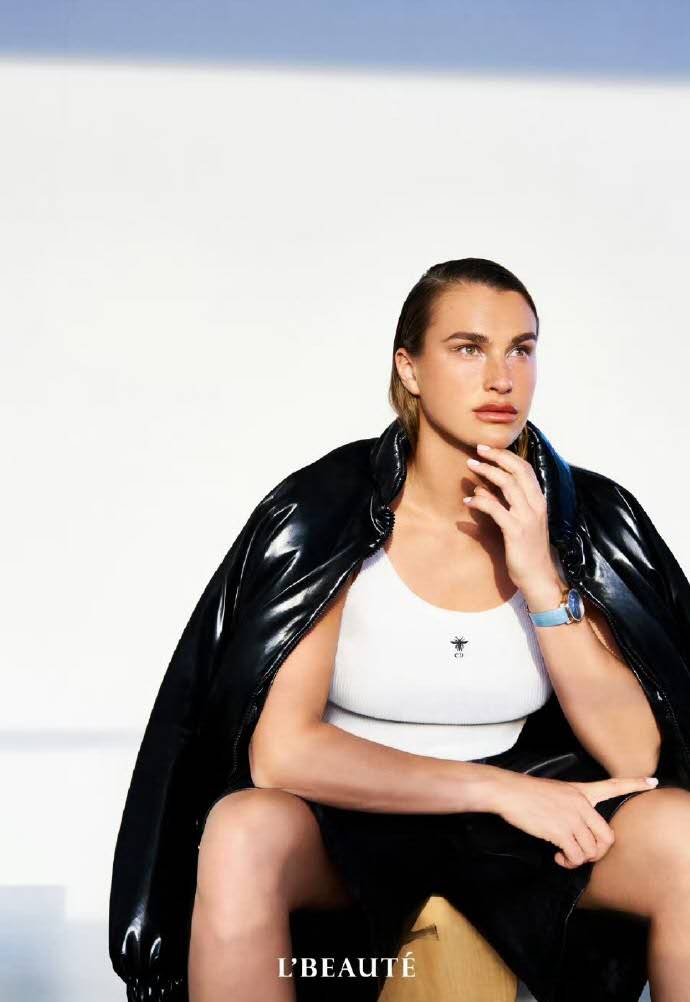
“Western society recognizes that while Sabalanka is Belarusian, she is also a world-class athlete, which is a fundamental distinction. People see her as a global representative, an international superstar, rather than merely representing a niche market in Eastern Europe.” Duguid attempted to emphasize Sabalanka's status as an international superstar.
However, the reality is very harsh. Some fans pointed out that if Sabalanka were from a major country like China, she would have long become a superstar given her achievements. In comparison, Chinese player Zheng Qinwen has yet to win a Grand Slam but earns more than Sabalanka.
When Israeli players can still display their flags amid war conflicts, the fairness of the rules is called into question. The restrictions on Russian and Belarusian players in tennis far exceed those in sports like football and basketball, where they are allowed to compete as "neutral" athletes.
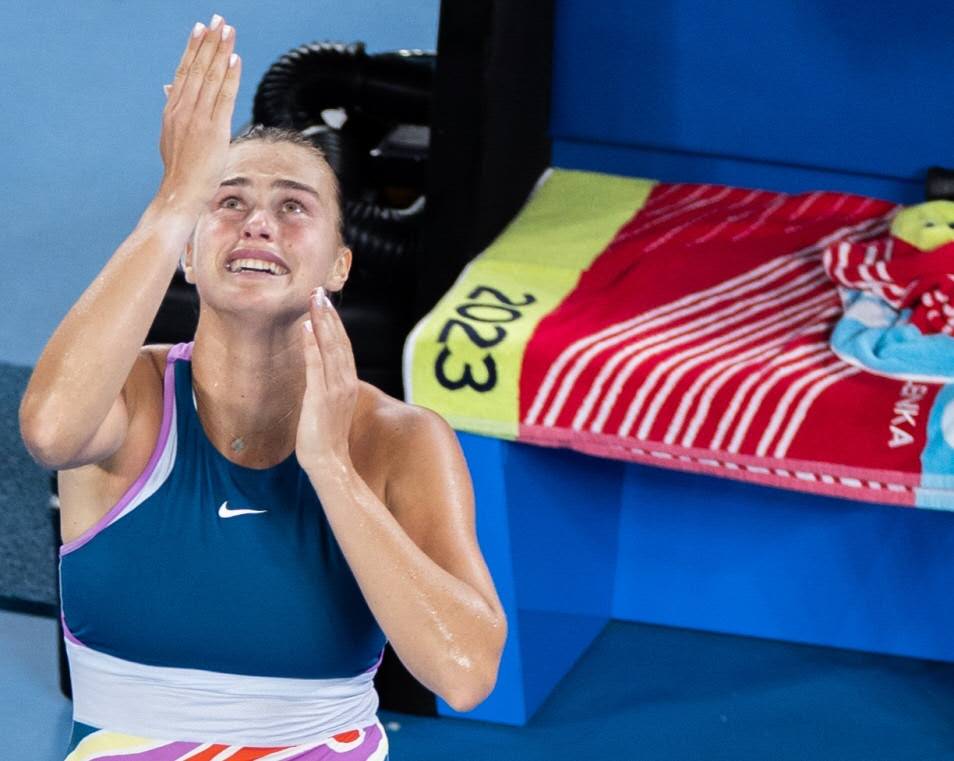
“Selective sanctions raise suspicions.” Sports commentators noted, “The restrictions imposed by international sports organizations on Russian and Belarusian players are intended to pressure the governments of both countries, but ultimately, it is the innocent athletes who bear the consequences.”
During the Madrid and Rome events this year, Ukrainian player Kostyuk still refused to shake hands with Sabalanka after matches, bringing political differences into the arena. Such incidents indicate that there remains a gap between the ideal of depoliticization and reality.
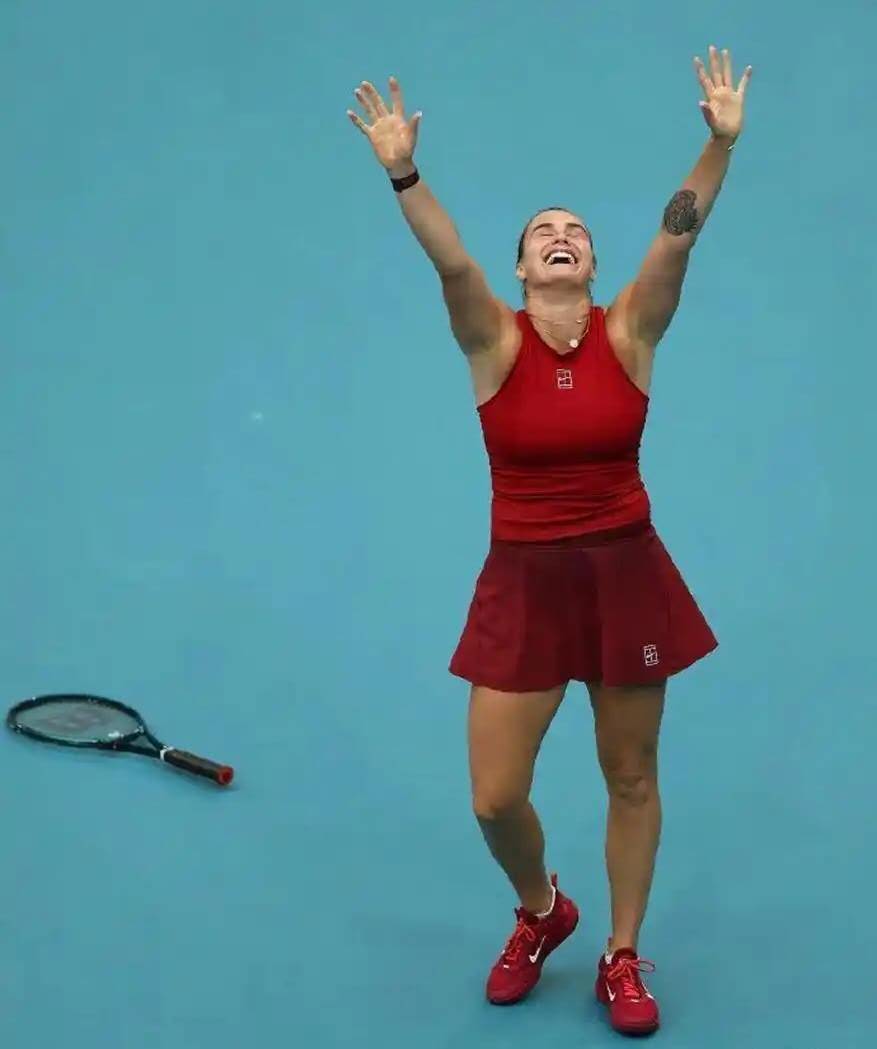
Duguid holds a cautiously optimistic view of future improvements: “Western society is gradually realizing that while she is Belarusian, she is also a world-class athlete. Behind this shift is the respect earned by the players through their strength.”
When Sabalanka wins the Australian Open in 2023 and 2024, as well as the US Open in 2024, the audience will give her superstar-level cheers instead of questioning her nationality. Brands like Nike and Wilson still regard her as a top spokesperson, proving the market's recognition of the purity of sports. The spirit of sports does not require flag certification; when Sabalanka turns to the training ground, there is no flag behind her jersey, only her name.(Source: Tennis Home, Author: Lu Xiaotian)







 Links
Links
 Contact
Contact
 App
App


